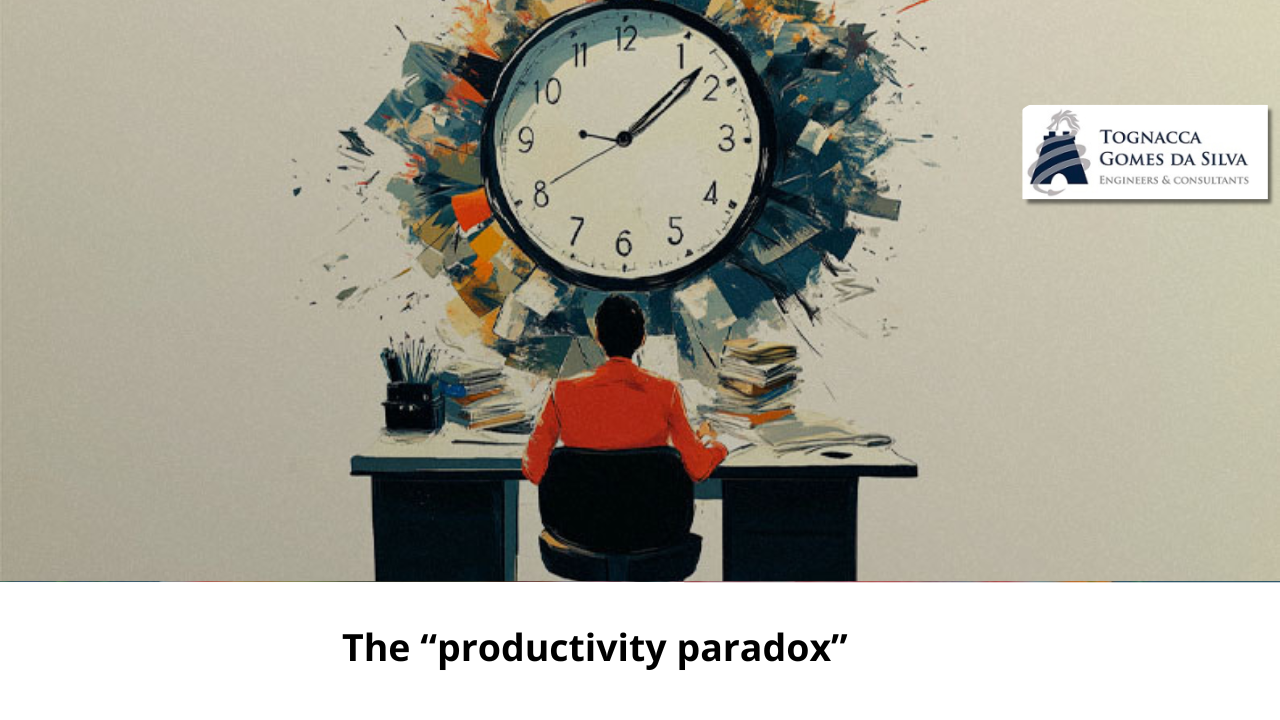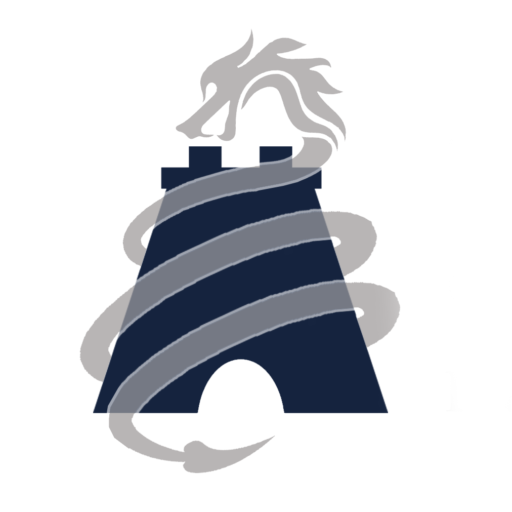Do you remember 2021, and how – even more so after the announcement of Facebook’s rebranding to Meta – all the talk was about the disruptive and transformative potential of the Metaverse?
Companies spent hundreds of thousands of dollars to buy land in the Metaverse, on platforms like The Sandbox and Decentraland – which quickly reached unicorn status, worth more than a billion dollars. Also, for the Metaverse to become more artistic and personalized, the craze for NFTs emerged, unique and non-fungible tokens, which also achieved extraordinary valuations and made artists or collectives such as Yuga Labs (creators of the Bored Ape Yacht series of NFTs Club) get extremely rich quickly. But, as quickly as it grew, the world of the Metaverse imploded, and today, it has semi-deserted platforms and a lack of investment from brands.
That’s why, from that moment on, I’ve always been careful when jumping into technological hype that promises to change the world. This, however, lasted until the wave of Artificial Intelligence arrived – which, with its simpler interface and its maturity, made me once again enchanted as the Metaverse initially did.
However, when using AI in my daily life, I began to realize that some of the promises it makes, including improved productivity at work, are not necessarily fulfilled – and this is proven by a recent study by MIT professor Daren Acemoglu, who points out a possible impact of AI on global productivity of just 1%.
Here, it is important to make a confession: I am using ChatGPT less and less, and delegating less and less important tasks to “it”. Let me explain better: as soon as ChatGPT launched, I was an early user, and I confess that I started outsourcing many of my day-to-day tasks to it. As a speaker, I have to create a lot of content, and, particularly, when it comes to writing and scripting new talks and articles, I used ChatGPT a lot. Over time, however, I identified some critical points of AI that mean that, today, for example, the only parts in which I use ChatGPT are in audio transcription and translations. Am I limiting myself? It’s possible, but at the same time, let me explain the 3 reasons why this happened:
I noticed that the quality of ChatGPT’s output was considerably worse than mine: when outsourcing to ChatGPT something that I knew how to do well to, “supposedly”, save time and be more efficient and productive, I always found myself inevitably dissatisfied with what I was getting. I read. Therefore, there were times when, due to lack of time, I simply kept things as they were, settling for a worse quality of my work, or, in other cases, after having already spent time producing this content with ChatGPT, I started over from scratch. …
Using ChatGPT didn’t necessarily maximize my efficiency and productivity: either due to the fact, as I mentioned before, that I was often so dissatisfied with the result that I would start over from scratch, manually, and end up spending more time than if I hadn’t used ChatGPT in the first place, or also the part that, to get a good result with AI, you have to start with a good “prompting”. In other words, asking the right questions – and what happened most to me was that, because I didn’t always get it right the first time, I spent a lot of time refining, adjusting, editing what the generative AI generated after poorly formulated questions, as well as focusing on how to formulate the best question to achieve the expected result;
When using ChatGPT, my creativity diminished, as did my feeling of “pride” in my work: you know that feeling in the kitchen that, even though it’s obviously not made in the same way as in your favorite restaurant, that dish you cooked Does it taste better at home? Not because of the taste itself (I know it doesn’t always taste better), but because of the pleasure and satisfaction you get from having done this with your hands? Well: when using ChatGPT, this feeling was disappearing from my work. I kept rereading my texts and didn’t recognize them as mine, but simply that they could have been written by anyone. In fact, they were written by an average writer, let’s face it – because ChatGPT is fundamentally the average of all writers on the Internet, and will never replicate above average writing.
I know that, now, you might even tell me: “but it’s because you’re not using AI well”, “you don’t know how to do the best prompting”, and so on. I understand, and I agree that it is necessary to learn how to use AI, but still, these problems will not be solved. Think about predictive Artificial Intelligence that makes decisions based on data: I talk to doctors who tell me that they feel less useful and engaged at work, as much of the diagnosis is already made by AI. Is this better for the patient? Yes, but what about the doctor side?
These are all important points for our discussion, and this is where Daren Acemoglu comes into play. In his recent paper “The simple macroeconomics of AI”, he argues that the impact of AI on total factor productivity – the indicator that assesses the economy’s efficiency gains – is unlikely to reach 1% over the next decade in the US. More precisely, Acemoglu estimates that the accumulated gain in the decade could be 0.66%, but even this number may be “exaggerated”, because the first evidence shows a more relevant contribution of AI in tasks that are easy to learn – and the impact about more complex tasks should only be felt in the future.
“AI can only automate about 5% of an office’s tasks,” the economist told The New York Times. “AI has much more to offer to help with the problem of low productivity,” he commented. “But it won’t be with its current trajectory, so the hype worries me.” For the economist, Artificial Intelligence tools would have a more relevant effect if they helped workers to be “better at solving problems or taking on more complex tasks.” This would free people to focus on more elaborate issues, such as creating new products or strategies.
But this is where my story above comes in – so far, this is something AI doesn’t do. And it’s not just me saying it: in an article from The Conversation titled “ChatGPT: Why it’s likely to continue to be a tool that does an inefficient job more efficiently,” the late anthropologist David Graeber’s compelling and controversial thesis about “bullshit jobs”. His idea was that a large number of (mostly) office jobs are essentially useless; that even the people who make them feel like they contribute very little to society.
So let’s say ChatGPT starts taking on more roles in an organization – writing invoices, formatting data, organizing spreadsheets, or compiling questionnaires. If these jobs exist because of bureaucratic inefficiencies, automating this work will not increase productivity – because the work was unproductive to begin with!
This conflict, between the expectation of higher productivity due to new technologies and the lack of implementation in practice, is called the “Productivity Paradox”, as famously put in a 1994 paper by Erik Brynjolfsson, entitled “The Productivity Paradox of Information Technology: Review and Assessment”.
Acemoglu’s numbers contrast sharply with optimistic numbers from McKinsey and Goldman Sachs that expect U.S. GDP growth to be a percentage point or two faster over the next 10 years or so — 2% more growth each year, thanks to AI.
What is the final message here? It means that we can be truly critical in our use of technology (not just AI), always ask questions about it and not just fall for the hype. And we can ask ourselves: does the use of AI in my daily life generate real value, or, as I discovered firsthand, does it disconnect me from the pleasure and satisfaction of my work? Does the use of AI actually improve the quality of my work, or, in the end, in practice, make it worse? How can I develop myself to best use AI for what it does best?
Only the future will bring clear answers – and until then, we can always have a critical eye, and not allow ourselves to be persuaded by dominant narratives, but always reflect subjectively on whether, and how, new technologies work for us and our lives. organizations.
( fonte: MIT Technology Review )



